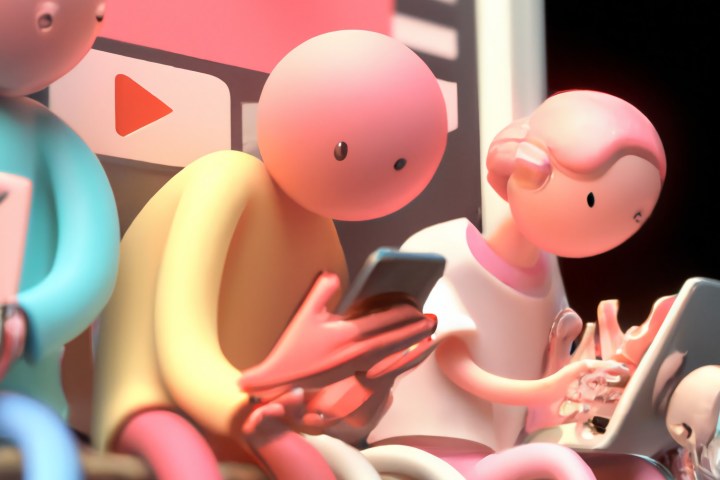Images generated by artificial intelligence (AI) have been causing plenty of consternation in recent months, with people understandably worried that they could be used to spread misinformation and deceive the public. Now, ChatGPT maker OpenAI is apparently working on a tool that can detect AI-generated images with 99% accuracy.
According to Bloomberg, OpenAI’s tool is designed to root out user-made pictures created by its own Dall-E 3 image generator. Speaking at the Wall Street Journal’s Tech Live event, Mira Murati, chief technology officer at OpenAI, claimed the tool is “99% reliable.” While the tech is being tested internally, there’s no release date yet.

If it is as accurate as OpenAI claims, it may be able to offer the public the knowledge that the images they are seeing are either genuine or AI-generated. Still, OpenAI did not appear to reveal how this tool will alert people to AI images, whether by using a watermark, a text warning, or something else.
It’s worth noting that the tool is only designed to detect Dall-E images, and it may not be able to spot fakes generated by rival services like Midjourney, Stable Diffusion, and Adobe Firefly. That might limit its usefulness in the grand scheme of things, but anything that can highlight fake images could have a positive impact.
Continuing development

OpenAI has launched tools in the past that were designed to spot content put together by its own chatbots and generators. Earlier in 2023 the company released a tool that it claimed could detect text made by ChatGPT, but it was withdrawn just a few months later after OpenAI admitted it was highly inaccurate.
As well as the new image-detection tool, OpenAI also discussed the company’s attempts to cut down on ChatGPT’s tendency to “hallucinate,” or spout nonsense and made-up information. “We’ve made a ton of progress on the hallucination issue with GPT-4, but we’re not where we need to be,” Murati said, suggesting that work on GPT-5 — the follow-up to the GPT-4 model that underpins ChatGPT — is well underway.
In March 2023, a slate of tech leaders signed an open letter pleading with OpenAI to pause work on anything more powerful than GPT-4, or risk “profound risks to society and humanity.” It seems that the request has fallen on deaf ears.
Whether OpenAI’s new tool will be any more effective than its last effort, which was canceled due to its unreliability, remains to be seen. What’s certain is that development work continues at a fast pace, despite the obvious risks.
Editors' Recommendations
- This app just got me excited for the future of AI on Macs
- Here’s why people are saying GPT-4 is getting ‘lazy’
- OpenAI is on fire — here’s what that means for ChatGPT and Windows
- GPT-4 Turbo is the biggest update since ChatGPT’s launch
- New ‘poisoning’ tool spells trouble for AI text-to-image tech




